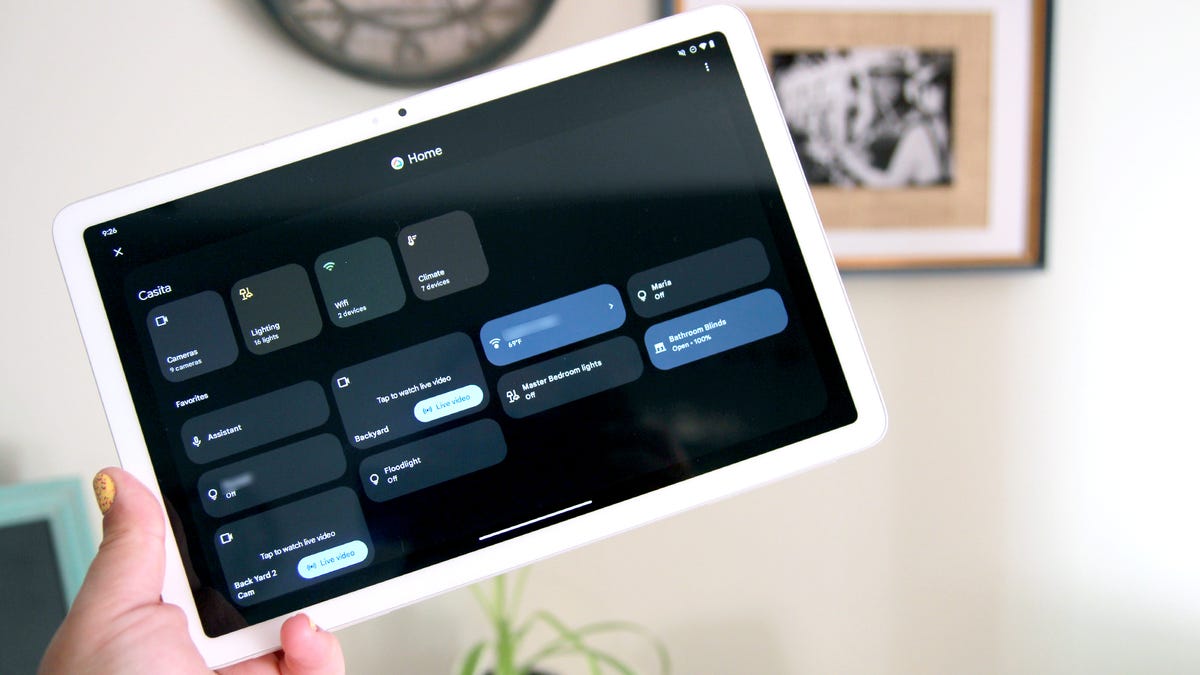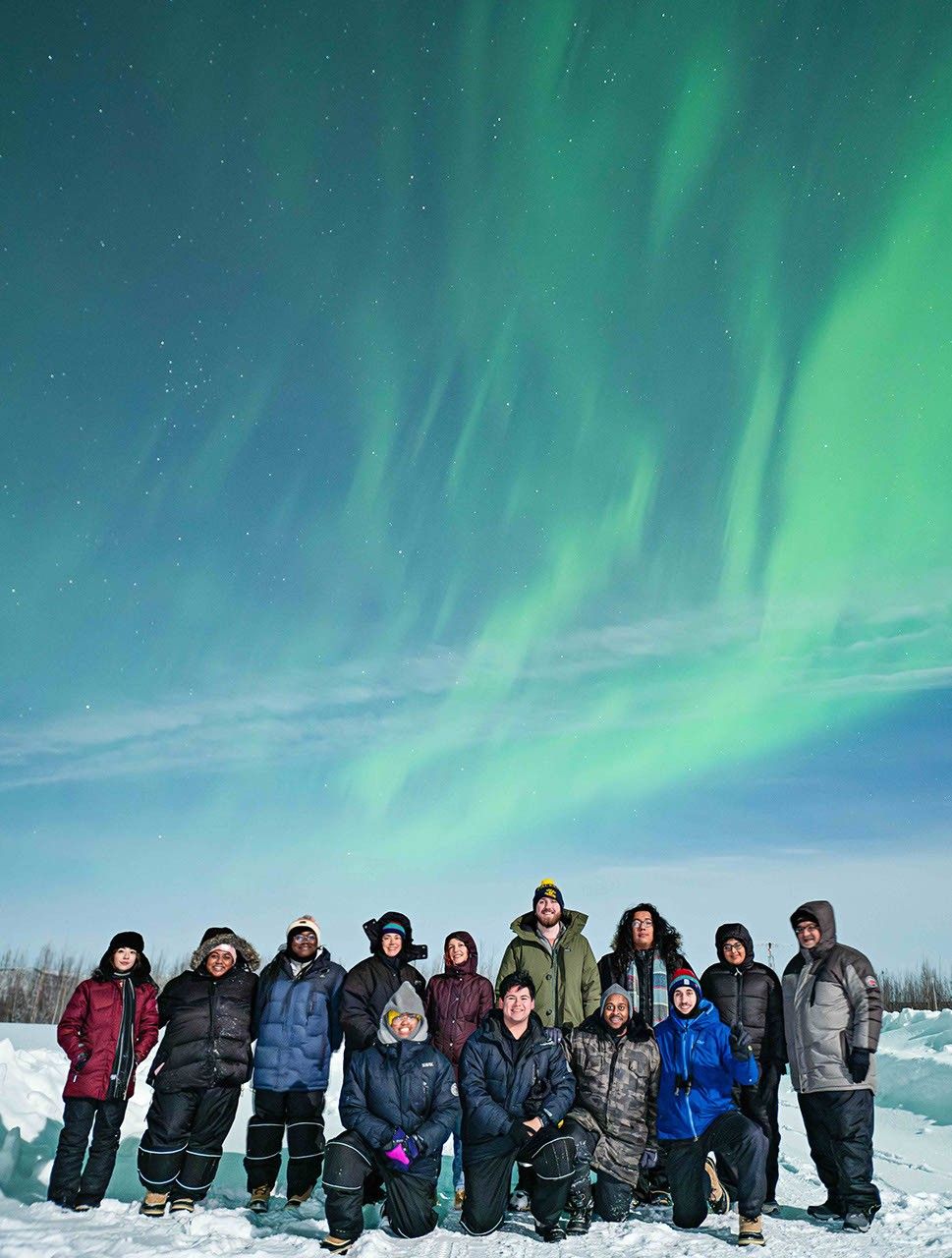The Future of Studying ExoVenuses Looks Bright
What can Venus-like exoplanets, also known as exoVenuses, teach us about our own solar system and potentially finding life beyond Earth, and how can the planned Habitable Worlds Observatory (HWO) provide these insights? This is what a recent study presented at the 56th Lunar and Planetary Science Conference (LPSC) hopes to address as a team of scientists discussed the difficulties of studying exoVenuses and how HWO can help alleviate these challenges by directly imaging them. This study has the potential to help astronomers develop advanced methods for better identifying and understanding potentially life-harboring exoplanets throughout the cosmos.


What can Venus-like exoplanets, also known as exoVenuses, teach us about our own solar system and potentially finding life beyond Earth, and how can the planned Habitable Worlds Observatory (HWO) provide these insights? This is what a recent study presented at the 56th Lunar and Planetary Science Conference (LPSC) hopes to address as a team of scientists discussed the difficulties of studying exoVenuses and how HWO can help alleviate these challenges by directly imaging them. This study has the potential to help astronomers develop advanced methods for better identifying and understanding potentially life-harboring exoplanets throughout the cosmos.













































![Get 15% Amazon Discount With Discover Card Cashback [YMMV]](https://boardingarea.com/wp-content/uploads/2025/03/b3bb83beb4bb9391e57685a6d7d537ef.png?#)
































